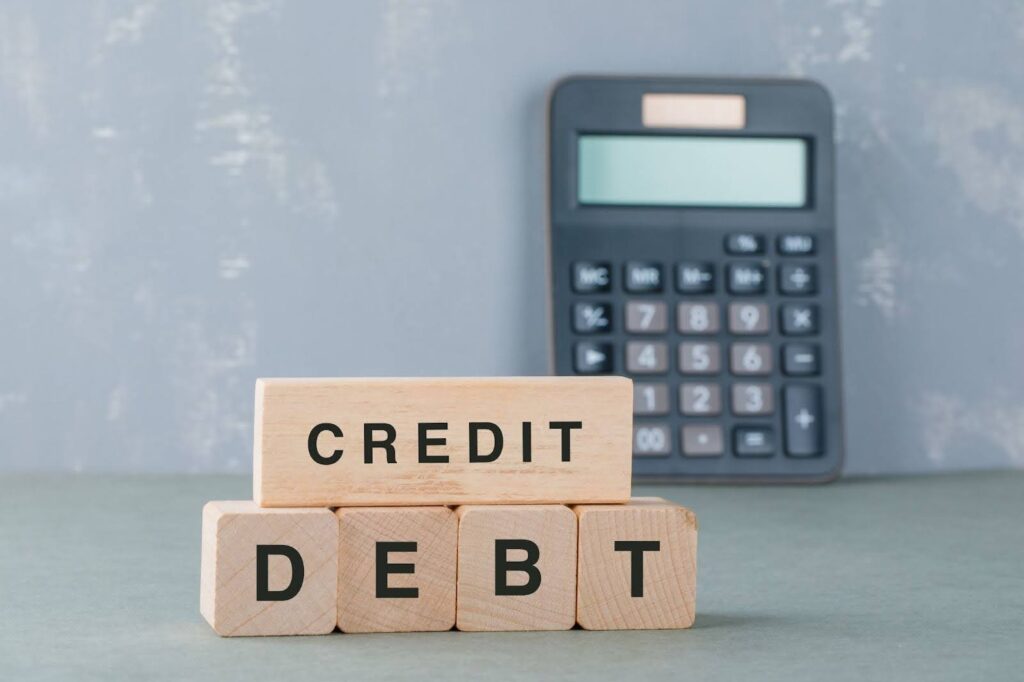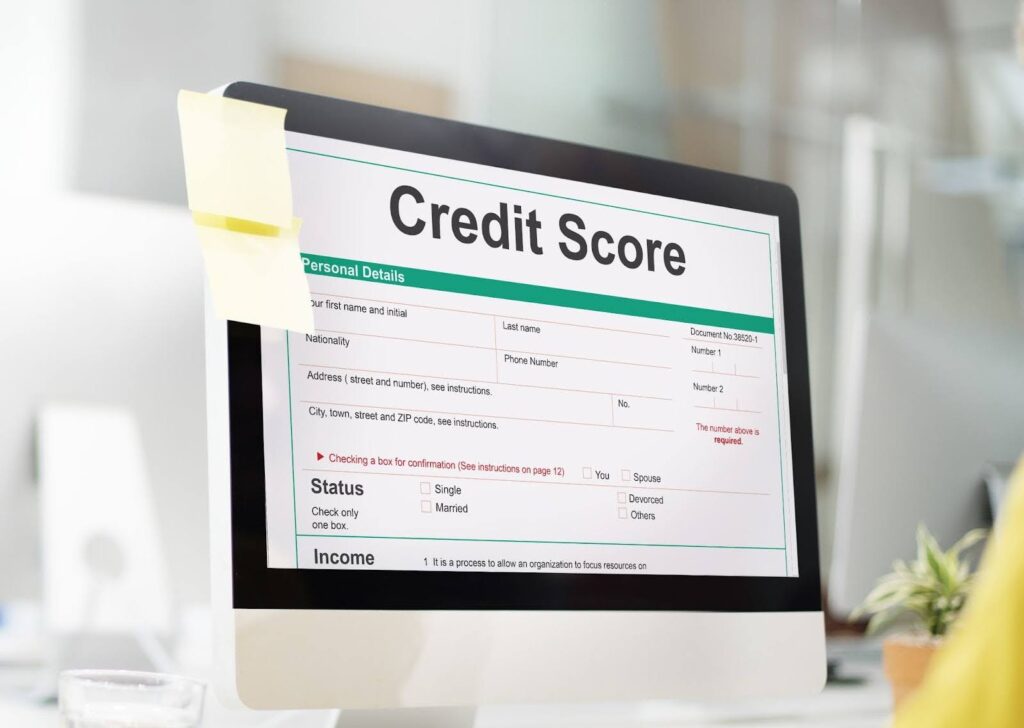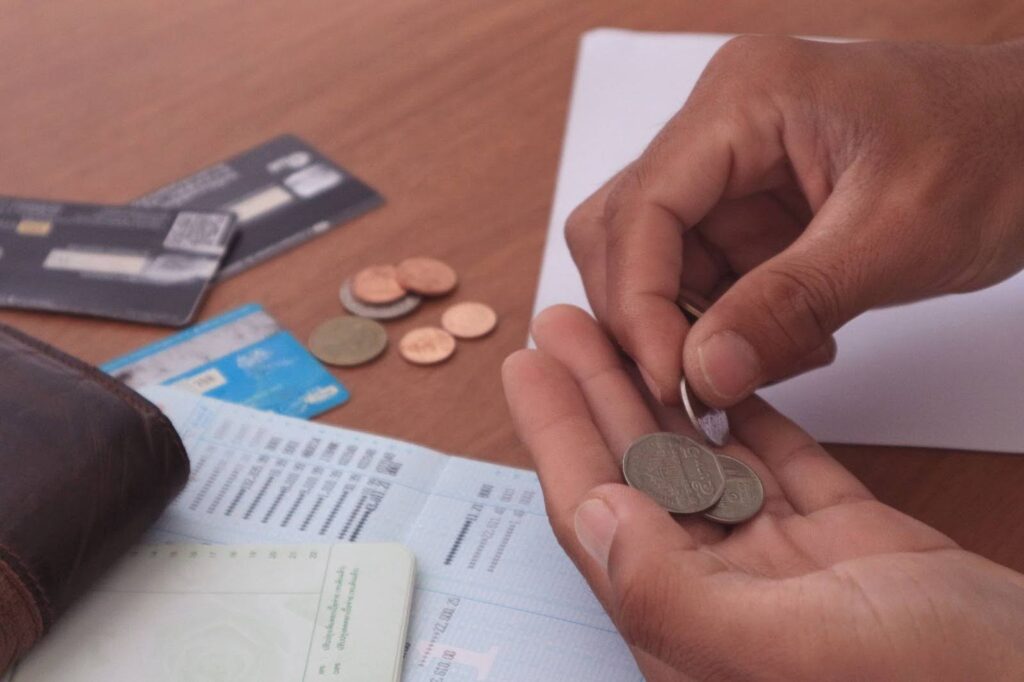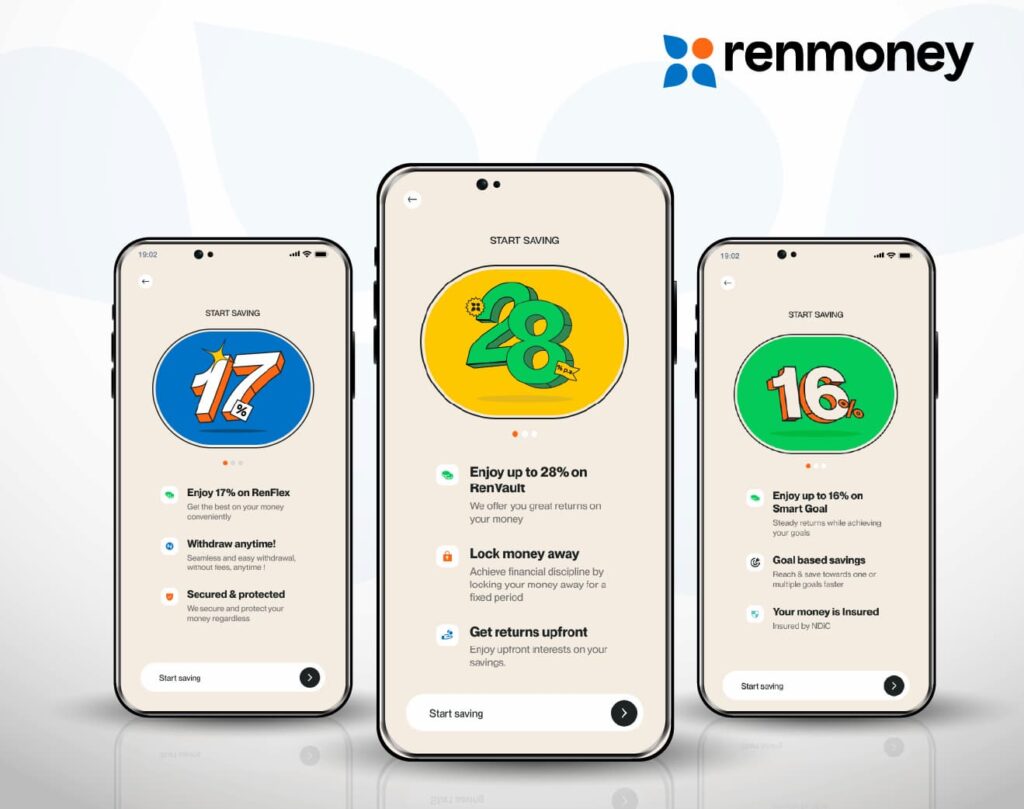
Nobody talks about credit scores in Nigeria until they need a loan and get that painful message: “Your application has been declined.” And then suddenly, you’re googling things like “how to fix my credit score in Nigeria” at 2 a.m., clutching your phone like a prayer point.
Here’s the thing: your credit score is your financial street credibility. It’s what lenders use to judge if you’re responsible with money. And if you’re applying for a bank loan, using Buy Now Pay Later, or even trying to get an apartment in some parts of Lagos, this number can mess you up—or save the day.
The good news? You’re not stuck with a bad score forever. It’s not a curse. You can fix it. And no, it doesn’t require jazz—just smart habits and consistency.
Here’s how to improve your credit score from “Hmm, this one looks risky” to “Yes, approved!”
Pay your debts as you pay for data—promptly
Late payments are the number one reason credit scores decline in Nigeria. Maybe a ₦5,000 loan from a digital app or ₦500k from a microfinance bank, paying late makes you look unreliable.
Lenders report your behaviour to credit bureaus like CRC and FirstCentral. So, if you ghost your obligations, you’re putting yourself on public record.
So set reminders, automate payments, and use loan apps with flexible terms. If you’re going to miss a payment, contact the lender before they contact you with “Dear valued customer…”
Check your credit report

Most Nigerians don’t even know they have a credit report, let alone what’s in it. Your report shows your financial behaviour—accurate or not.
Sometimes, there are errors. Maybe a loan you’ve repaid still shows as unpaid, or maybe you were mistakenly flagged for defaulting. If you don’t check, how will you know?
Visit CRC Credit Bureau or CreditRegistry and request your report. It’s free once a year. If there’s a mistake, raise a dispute.
Don’t apply for everything with “loan” written on It
Yes, we know the month is long and bills drained your account. But applying for six loans in one week? That’s not a smart move.
Each application triggers a credit check (a “hard inquiry”). Too many checks can make you look desperate, even if you’re not.
Space out your applications. Don’t borrow money just because it’s available. Borrow only when necessary and ensure it’s within your ability to repay.
Keep old accounts (even if you’re not using them)
Your oldest credit account is like your OG alibi—it shows lenders you have a history. The longer your credit history, the better your score.
If you have an old loan app or account you’ve used responsibly, don’t delete it just yet. Keep it open to help build your financial trust score.
Keep your credit utilisation low

Let’s say your loan limit is ₦100,000. It tells lenders you’re living on the edge if you’re constantly maxing it out. And they don’t like that.
Ideally, you should use less than 30% of your available credit.
If your loan app gives you ₦50k, don’t collect the whole ₦50k every time. Borrow small, repay fast. It makes you look good.
Borrow from the Right Places
Some lenders report to credit bureaus, others don’t. If you’re trying to build your score, borrow from platforms that report your repayment behaviour.
Use platforms like Renmoney or even some banks’ digital loan services. Just confirm they report to CRC or FirstCentral before borrowing.
Don’t Play “Disappear-and-Reapply”
You borrowed and defaulted, and now you’re trying to use a new phone number and BVN to start afresh. Sorry, but your BVN is like your financial fingerprint—it will always rat you out.
Credit bureaus track behaviour across platforms. You can’t run. You can’t hide.
Fix your mess. Pay off old debts. Rebuild slowly. It’s better than playing digital hide-and-seek with financial institutions.
Conclusion
Improving your credit score in Nigeria isn’t complicated. It’s just building habits that show you’re financially responsible—even if your income isn’t massive.
Start small. Pay on time. Stay consistent. Check your credit report. Make smart decisions. And be patient—scores don’t shoot up overnight, but they definitely increase with the right moves.
If you’re planning to borrow now or in the future, this is the best investment you can make for yourself. Because when your score is correct, lenders chase you, not vice versa.
So the next time you think of clicking “Apply” on that loan app, ask yourself: Will this help or harm my score?
Your decision today could unlock cheaper loans, better business opportunities, and even a mortgage for your dream house.


